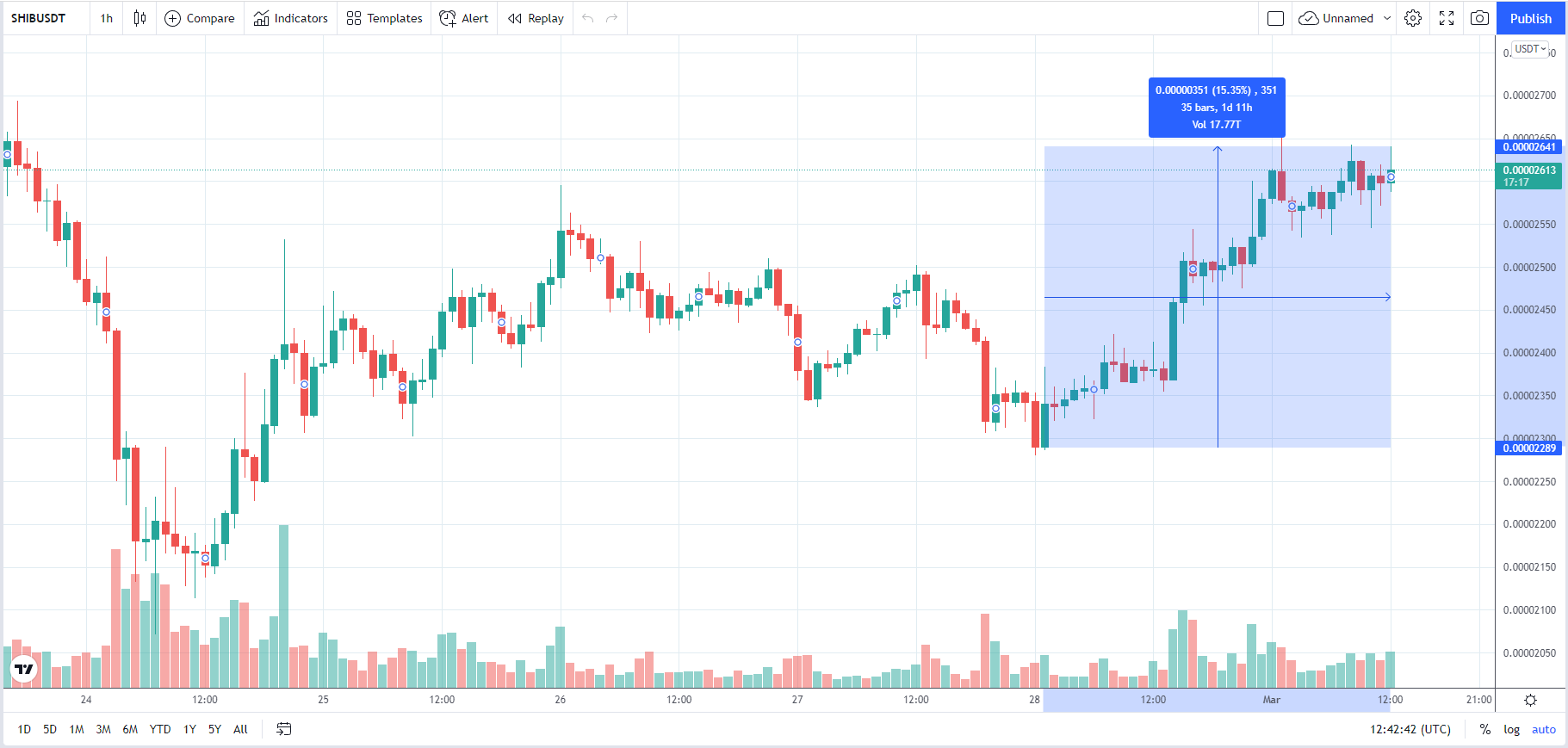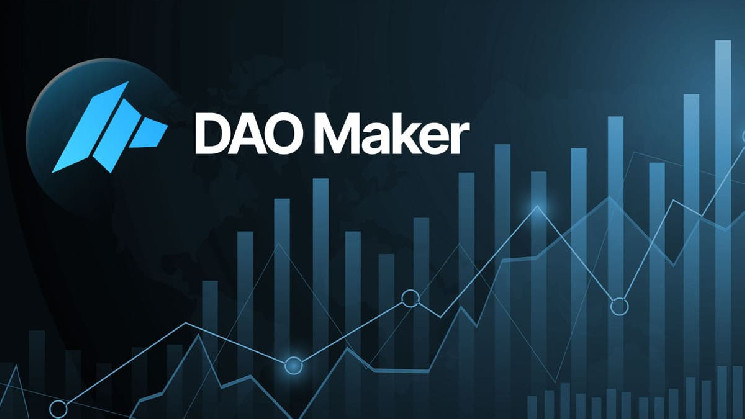Decentralized finance (DeFi) projects flourished in the summer of 2020, enriched by bull market-driven cascades of venture capital funding and reaching a high of $248.84 billion in total value locked by the following fall. Crypto winter set in less than two years later, however, the chill increased by a number of industry-rocking scandals and hacks. Can DeFi now begin to recover some of its former glory?
Boris Revsin, managing partner of Tribe Capital, an investment firm with over $1.6 billion in assets under management, thinks it can as more infrastructure gets developed in more open markets outside the U.S., making it easier to create new projects.
“I expect DeFi to have a major resurgence towards the end of this year or early next year,” Revsin told CoinDesk during a recent interview.
Revsin expects a first wave of DeFi regulation in the U.S. later this year will push DeFi projects to operate in more open zones such as Dubai and Singapore. Infrastructure projects such as the layer 1 and layer 2 blockchains and rollup technology could continue to flourish in the U.S., however.
Revsin sees new infrastructure – and the developers behind the projects – as the keys to turning crypto into a $10 trillion industry. The current global cryptocurrency market capitalization stands at about $1.22 trillion, according to CoinGecko data.
The path to Tribe Capital
Revsin’s origin story began at age five when his parents arrived in the U.S. under chaotic conditions as Jewish refugees from Russia. “My parents are heroes,” says Revsin.
He grew up in a computer science household and spent a couple of years formally pursuing that path himself at the University of Massachusetts Amherst before dropping out to work as a programer for Mitt Romney’s first presidential campaign in 2008. Revsin then went on to co-found gamified marketing firm Dailybreak, tenant engagement platform HqO and Game Theory Group, an investment firm that backed early-stage blockchain companies and wrote and sold research reports.
In late 2018, the crowdfunding platform Republic acquired Game Theory Group and Revsin was brought on to head its new Republic Capital arm, which was distinct from the more consulting and builder-oriented Republic Crypto group. By the time Revsin left in April 2022, Republic Capital had raised more than $600 million, held about $1 billion in assets under management and had invested in more than 80 startups, including Avalanche, Polygon, Blockdaemon and Kraken.
But Revsin reached a point where he felt he had the experience and standing in the crypto ecosystem to move on to a fund with a larger brand and a multi-stage investment strategy with multi-asset funds across crypto and equity. He took a role at Tribe Capital as a managing partner overseeing the $69 million early-stage Tribe Crypto Fund I, the firm’s approximately $400 million in equity investments and its early-stage incubation project.
Choosing investments
Founded in 2018 by Arjun Sethi, Jonathan Hsu and Ted Maidenberg, Tribe Capital has a data scientist-driven quantitative approach to startup evaluations. When considering a company for a potential investment, Tribe asks for as much quantitative data as possible from a startup, which is pushed through Tribe’s proprietary framework to produce a 60-page, color-coded report featuring key metrics for investors.
Tribe focuses on Series A to Series D investments, which tend to be more established but growing companies, and separately operates a pre-seed incubator that helps guide companies at the earliest stages of development. The firm wants to lead or co-lead on the rounds. Individual investments can go as small as $500,000 and as high as $5 to $7 million, noted Revsin.
Revsin said Tribe’s strongest operational support includes go-to-market advice for portfolio companies, and quantitative data about how a protocol and its existing competitors are performing.
Infrastructure is the future
Revsin said Tribe is most interested in investing in “products and protocols that become part of the developer stack.” That’s because ample developer tools lead to more projects and the potential for more Web2 users to migrate to Web3.
Developers have to make a wide range of infrastructure decisions, including which developer tools and layer 1 and 2 blockchains and oracle data solutions to use, explained Revsin. Developer usage provides a revenue stream for those infrastructure projects, who can use that capital to continue improving the products regardless of venture capital raises, and the improved products bring even more developers to the space.
“The world has changed in the last six years, and I think the next six years will usher in that massive developer group that we need in order to be a $10 trillion industry,” he said.
Sourced from cryptonews.net.









